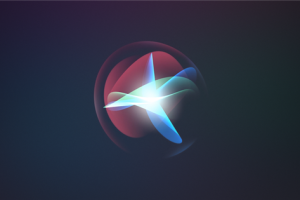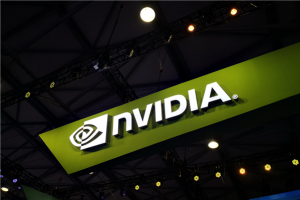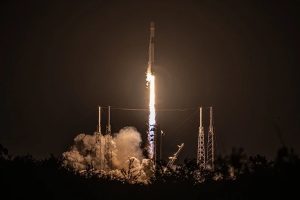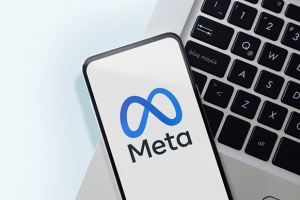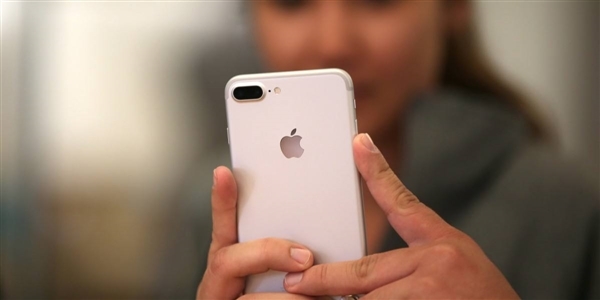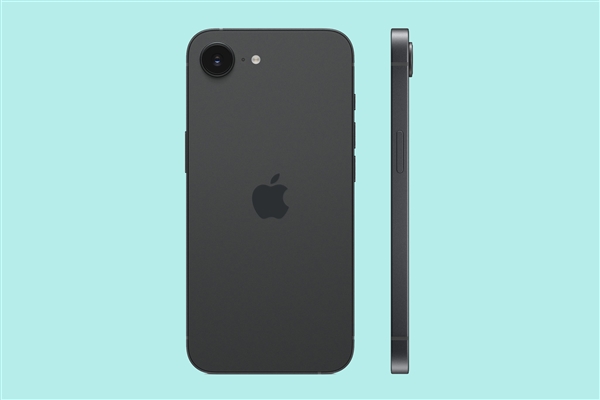September 20, 2024 – According to a report by DigiTimes, Apple’s first version of its self-developed 5G modem, also known as a baseband, does not support millimeter wave technology. This revelation suggests that Apple may continue to rely on its current 5G chip supplier, Qualcomm, to furnish 5G chips for iPhone models that require millimeter wave support, including all US versions of the iPhone 12 and subsequent models.
Millimeter wave is a type of 5G frequency capable of delivering extremely fast speeds, albeit with a shorter transmission distance, making it ideal for densely populated urban areas. Conversely, sub-6GHz 5G, while typically slower than millimeter wave, offers a longer signal range more suited to suburban and rural regions. Presently, sub-6GHz networks remain more prevalent in numerous countries compared to millimeter wave networks.

Notably, Apple analyst Ming-Chi Kuo predicted in July that two iPhone models equipped with Apple’s proprietary 5G modem would be released in 2025: a new iPhone SE in the first quarter and an ultra-thin iPhone 17 in the third quarter. Given the positioning of the next-generation iPhone SE as a budget device, the absence of millimeter wave support seems logical. Similarly, the sleek design of the iPhone 17 might necessitate forgoing millimeter wave technology.
Currently, all iPhones on the market are equipped with Qualcomm’s baseband chips, but Kuo anticipates a gradual shift to Apple’s in-house solutions. Earlier this year, Apple extended its supply agreement with Qualcomm for 5G baseband chips until 2026, granting Apple ample transition time.
The tech giant acquired a significant portion of Intel’s smartphone baseband business in 2019, paving the way for the development of its own 5G chips. Although it remains unclear whether Apple’s chips will offer any tangible advantages to consumers over Qualcomm’s baseband chips, they will undoubtedly reduce Apple’s reliance on external suppliers. This shift is particularly notable given Apple’s past legal disputes with Qualcomm, which included an antitrust lawsuit and unpaid patent fees, ultimately settled in 2019.




